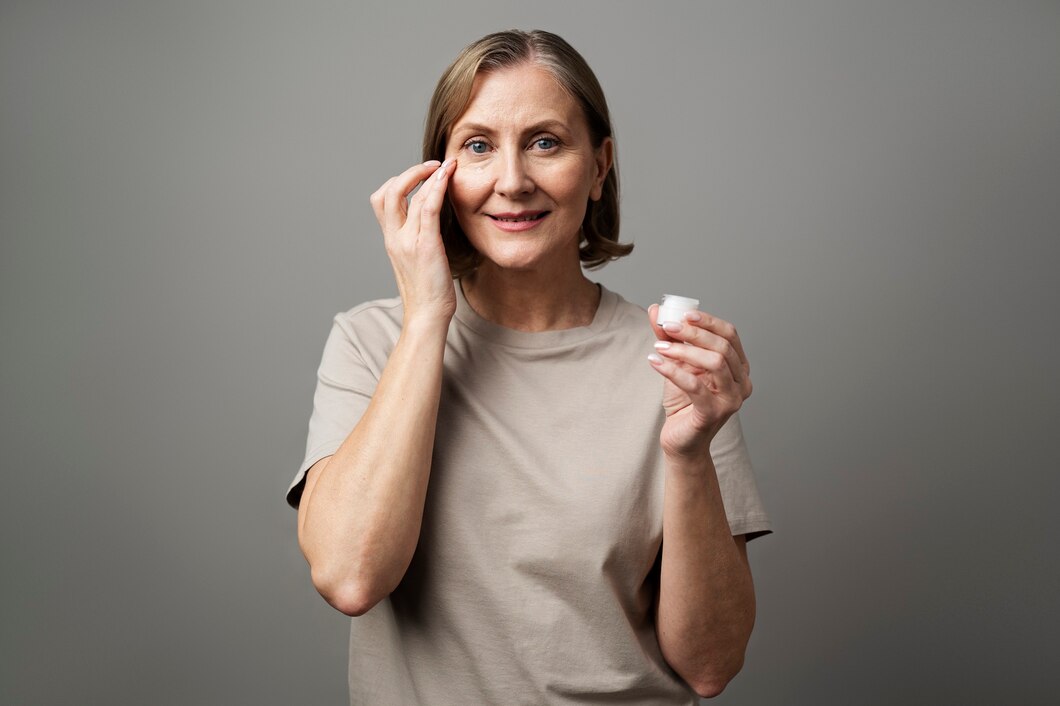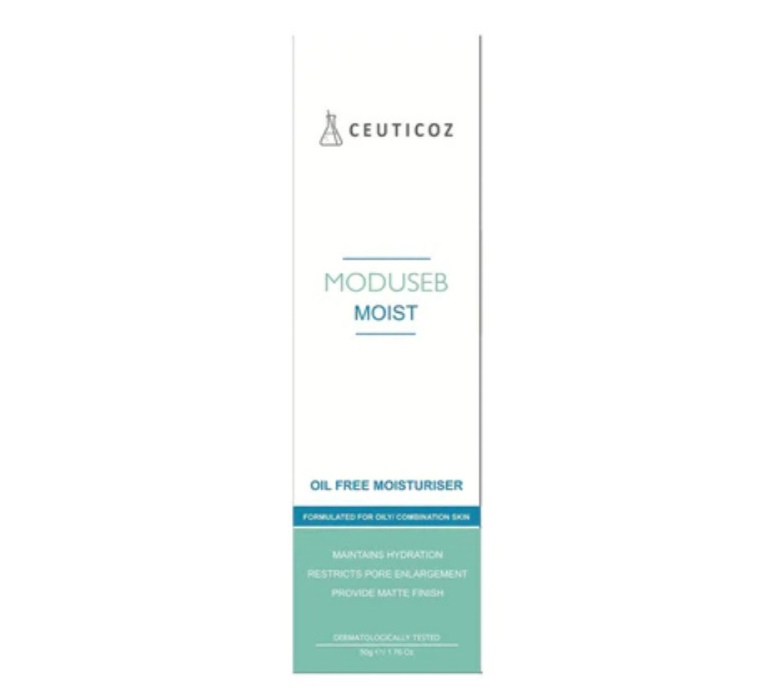Introduction
The quest for eternal youth is as old as history itself, but recent scientific advances are turning what once seemed like a fantasy into a tangible prospect. The development of an anti-aging pill represents a frontier in biomedical research, promising to extend life, improve health in our later years, and revolutionize our approach to aging. This article delves into the ongoing research, potential breakthroughs, and ethical considerations surrounding this groundbreaking pursuit.
Understanding Aging and Longevity
Aging is a complex process shaped by genetic, environmental, and lifestyle factors. Scientists believe that by targeting the biological mechanisms of aging, they can develop interventions to extend lifespan and enhance healthspan—the period of life spent in good health.
Key Mechanisms of Aging:
- Cellular Senescence: As cells age, they cease to divide and accumulate in the body, promoting inflammation and disease.
- Telomere Shortening: Each time a cell divides, its telomeres (protective caps on the ends of chromosomes) shorten, which can lead to cellular aging and dysfunction.
- Mitochondrial Decline: Mitochondria, the powerhouses of the cell, become less efficient with age, impairing energy production and increasing oxidative stress.
The Race for the Anti-Aging Pill
Numerous research initiatives are exploring different strategies to develop an anti-aging pill. Here are some of the most promising approaches:
Caloric Restriction Mimetics
Studies have shown that reduced caloric intake can significantly extend lifespan in various organisms. Researchers are now trying to mimic these effects with drugs that can trick the body into thinking it is in a state of caloric restriction, thus activating the same life-extending pathways.
Senolytics
Senolytics are drugs designed to selectively eliminate senescent cells. By clearing these dysfunctional cells from the body, senolytics aim to reduce inflammation, enhance tissue function, and potentially extend healthy lifespan.
Telomerase Activators
Enhancing the activity of telomerase (the enzyme that replenishes telomeres) could potentially slow or even reverse telomere shortening, thereby extending cell life and overall lifespan.
NAD+ Boosters
Nicotinamide adenine dinucleotide (NAD+) is a crucial molecule in energy metabolism and cellular health. Boosting NAD+ levels has been shown to improve various aspects of aging and health in animals, making it a key target for anti-aging therapies.
Clinical Trials and Research
The road from promising research to a viable anti-aging pill involves extensive clinical trials to ensure safety and efficacy. Several compounds are currently undergoing trials, showing preliminary promise in delaying age-related diseases.
Ongoing Studies:
- Metformin: Traditionally used to treat type 2 diabetes, Metformin is being studied for its potential to extend lifespan and prevent cancer.
- Rapamycin: Known for its immune-suppressing properties, Rapamycin is also being researched for its ability to mimic the effects of caloric restriction.
Ethical and Social Considerations
The development of an anti-aging pill raises significant ethical and social questions:
- Accessibility: Who will have access to these treatments? Will they only available to the wealthy, or will efforts made to ensure broad accessibility?
- Overpopulation: Could extending lifespan exacerbate overpopulation and strain on resources?
- Natural Aging: Is there a moral implication in attempting to ‘cure’ a natural process like aging?
Conclusion
The search for the anti-aging pill is an exciting area of scientific research with the potential to transform our understanding and experience of aging. While the prospect of extending human lifespan carries immense appeal, it also prompts a broader discussion about the implications for society. As research progresses, it will be crucial to balance innovation with ethical considerations to ensure that the benefits of anti-aging technologies are accessible and equitable. As we stand on the brink of potentially revolutionary breakthroughs, the dialogue between science, ethics, and policy will be more important than ever.










